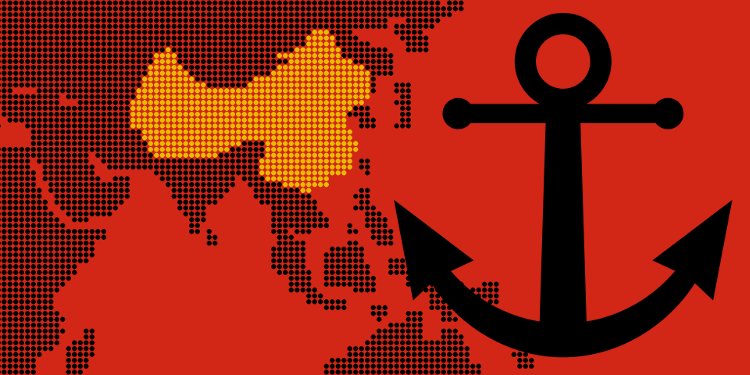The news in Asia is Trump. Having put their chips with Clinton, some governments in Asia are scrambling to guess what Trump’s next move will be. Japan didn’t interfere. So, things are “business as usual” in Tokyo. While Asian politicians scramble to clean up their attempt to chose America’s next president, they still might not learn from Japan’s example: It is generally best if one country does not interfere with the elections of another country.
That election-country boundary is somewhat askew where Beijing and Hong Kong are concerned. Beijing is not supposed to interfere at all, as per the condition of the H-Kexit from Britain in 1997. Beijing did, however slightly and defensibly and yet predictably objectionable, and now Beijing must intervene.
Pro-Independence lawmakers inserted a byword for China in their oaths, which legally alters the oath. In doing so, they relegated their oaths’ legitimacy to the determination of higher courts in Beijing. If they couldn’t figure out how not to invite intervention, how could they keep domestic peace as lawmakers? If they didn’t know the legal meaning of words, how could they craft laws with proper wording in Hong Kong? Though unanswered at this time, these are questions their actions begged, making their argument for the second H-Kexit less credible, but, nonetheless more infamous and more famous, depending on who is asked. Infamy and fame gain equal press. “Press” is the battle HK Independence advocates win every time, which is why some in Hong Kong argue that “press” is all they want. But, there is always more going on.
In answering the metaphoric question of whether to be the dead lion or the victorious fox, the Hong Kong Umbrella students chose to be dead foxes. Some call them “martyrs”. Others call them “dinner”. The weakness and failings of disrespect aren’t limited to Hong Kong. The rest of the world is demonstrating the same toward Donald J. Trump, who did get elected after all. Now, Asia must figure out how to deal with the decision in the US while Trump figures out how to deal with the indecision of Asia. Unlike fame and infamy, decision and indecision fair differently.

